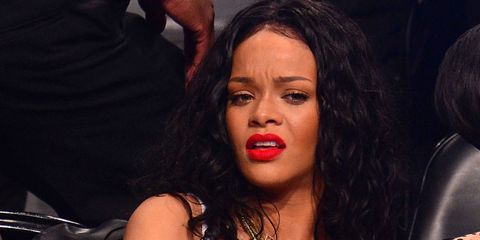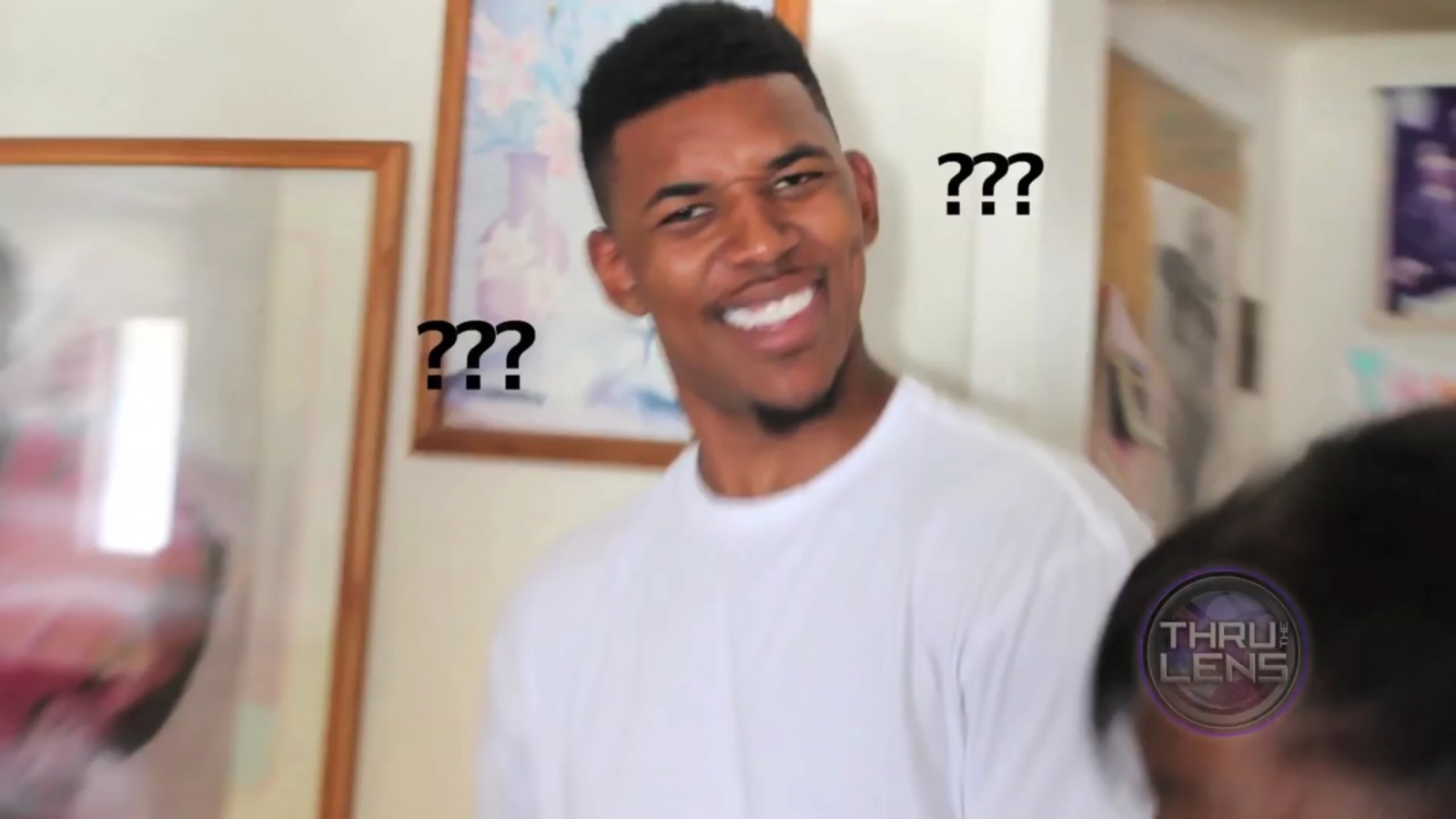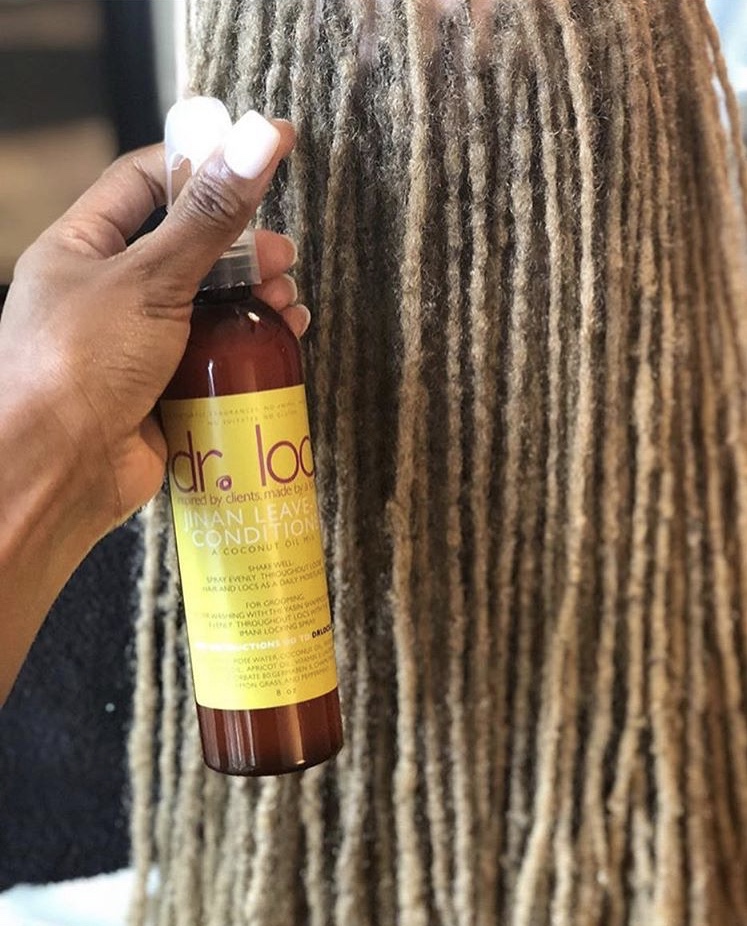
On Wednesday, December 4th, 2019, there was an article published stating that hair dye and chemical relaxers increases the risk of breast cancer in women, but especially in black women by a whopping 9%. If you haven’t read the article, here it is: https://www.npr.org/sections/health-shots/2019/12/04/784838430/hair-dye-and-straightener-use-linked-to-higher-cancer-risk-especially-for-black-
The truth about relaxers
This article and it’s findings is alarming yet not surprising. Relaxers are made of very harsh chemicals, even if there isn’t any lye in them. Some of the main chemicals used in hair relaxers are sodium hydroxide, ammonium thioglycolate, and sodium thioglycolate. The fact that these chemicals have been tested and proven to eat through and melt various metals should frighten us. (See Chris Rock’s movie Good Hair) When relaxers are left on our hair and scalp too long, guess what happens? Our scalp burns, and once it heals, you’re left with ugly scabs and patches and loss of hair. When you do this continuously over the course of decades, imagine the damage done to our bodies inside and out? Our body is absorbing these chemicals, and these chemicals are damaging our insides. No one should be surprised at the rise of fibroid tumors, endometriosis, permanent hair loss, and cancer in black women who use chemical relaxers and hair dyes on a regular basis.
An attack on black women and their hair
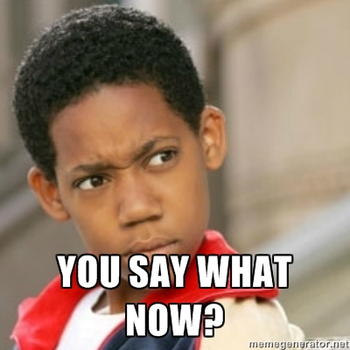
I’ve read some interesting opinions about this study, and there are those who have stated that the findings was ‘yet another attack on black women and their hair.’ I totally disagree. This article is bringing attention to a problem that still permeates the black community: The dangerous things black women do to have straight hair. More importantly, why we still feel that in order for our hair to be pretty it has to be straight. Also, why aren’t we teaching our young girls that their natural hair is beautiful and enough?
I hate that we’re still willing to overlook doing things that have been proven to be unhealthy for us. We’d rather keep doing things that we know are harmful to our bodies because we’ve been taught that straight hair is the standard of beauty. Basically, we refuse to see the beauty in our natural hair. That is very sad to me. I know women who would rather die than let their natural hair show. The idea of showing their natural hair to the world gives them anxiety. That’s how deep the issue of straight hair versus natural or ‘nappy’ hair is in the black community.
There is no judgment from me as to whether if you choose to get chemical relaxers or have natural hair. The choices we make in life all have consequences. We know eating junk food is bad for our health, yet many of us still eat it, myself included. It’s been proven for years that there are harmful chemicals in junk food that contribute to poor health and preventable diseases. On the flip side, there are numerous reports and studies that show that healthier fruits and vegetables claiming to be organic aren’t organic. Harmful pesticides are still being used on fruits and vegetables that in turn, make us sick. Chemicals are in everything. However, we do have some control over what we put on and into our bodies. We don’t have to use chemical relaxers or hair dyes. We don’t have to eat foods that we know are bad for us. So when we know better, why is it so hard to do better?
Change is hard
Change can be hard. We all know this. Regardless of color, we tend to do things out of habit, tradition, or what we’ve been told and taught. The same goes for black women and straightening their hair. We grew up getting our hair straightened with straightening combs or ‘hot combs.’ When we got a little older, we were introduced to chemical relaxers. Unfortunately, some have been introduced to chemical relaxers at very young ages, some as young as three years old. But WHY?
We can’t have this discussion without going back to where this all originated, which is slavery. Our ancestors where kings and queens, princes and princesses in Africa. Our hair was worn in regal, intricate styles that told important stories of what tribe we belonged to, who our family was, and if we were of royal descent or not. When we were kidnapped and shipped to the United States, we were stripped of our identity and heritage. Our hair was shaved off. When we still found ways to braid and adorn our hair, laws were put in place where we legally had to keep our hair covered with rags and scarves. We were told that our hair was nappy, kinky, unkempt and ugly. All of these terms were meant to degrade our hair.
Imagine being taught that your hair was beautiful, regal, something to be proud of. Then one day, you’re forcibly taken to a new country and forced into slavery, and told that your hair and your heritage is not beautiful and has no meaning. Many lengths are taken to strip you of your identity. Instead you’re taught that only straight, blonde or brunette hair is beautiful. And over time, you believe this because it has been literally beaten into you, and you in turn pass this down to your children, grandchildren, and so forth. And here we are today.
Wake up call
Articles like this should be a wake up call to the African American community. We should be moved to do better, to educate, and to advocate for natural hair. There are so many things that affect us disproportionately more than any other racial group, and our health is at the top of the list. It doesn’t have to be this way. We can do things to better our health, to give ourselves a chance to live longer, healthier lives. This includes how we care for our hair.
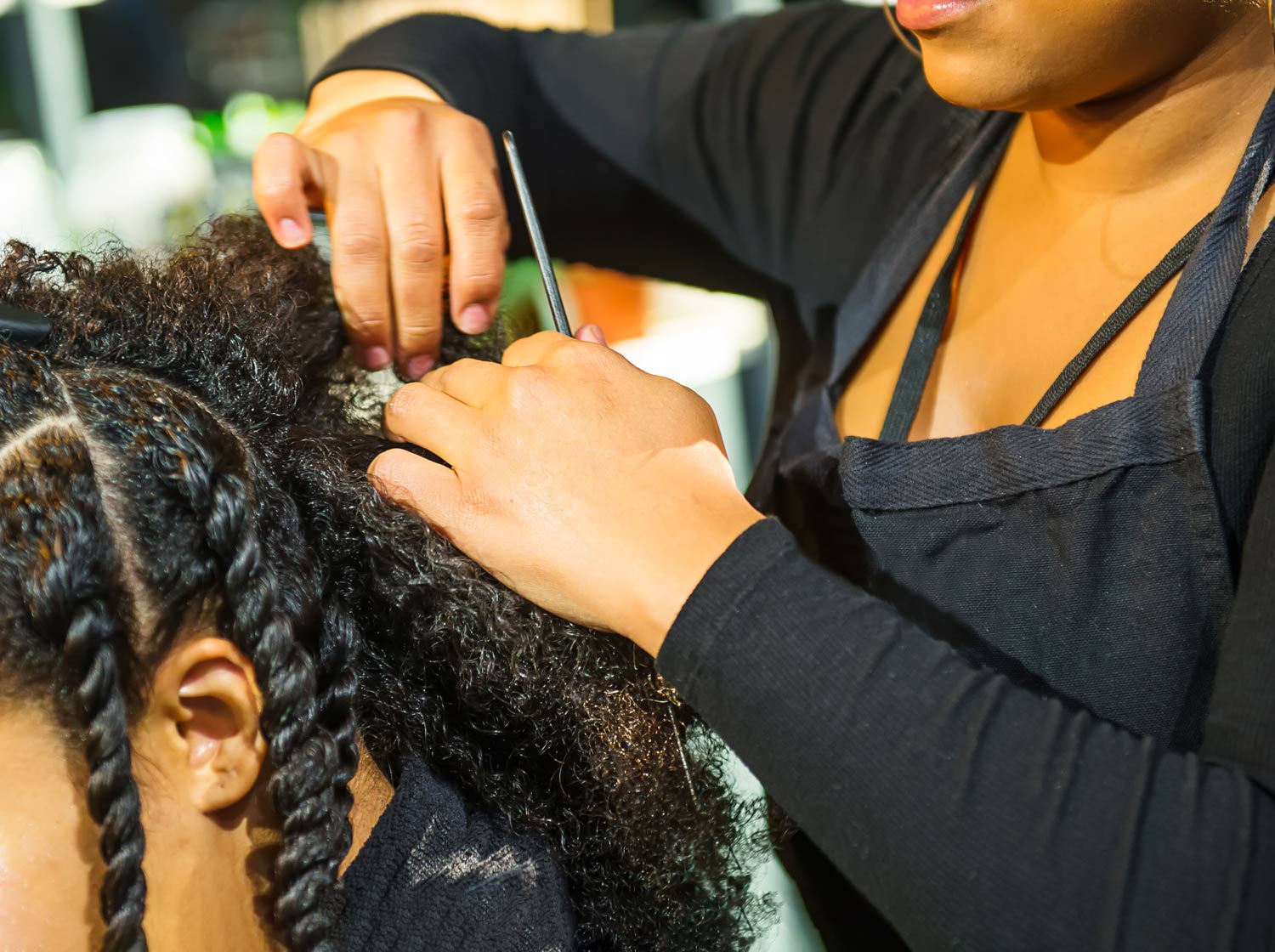
More education on natural hair, how to take care of it and maintain it from birth into adulthood is desperately needed. I feel there should be college courses or resources offered specifically geared towards educating ones on natural African American hair and how to care for it. There needs to be more natural hair salons that offer classes to mothers, fathers, caregivers, non-African American couples who have adopted black children on how to care for African American children’s hair. There is a strong need for education in our community, and if there were more resources in every community, I truly believe more people would see how beautiful natural hair is, and how natural hair is the best option for their overall health.
What are your thoughts on this article’s findings on the connection between chemical relaxers and hair dyes and the increased cancer risk in African American women? I want to hear from you!









